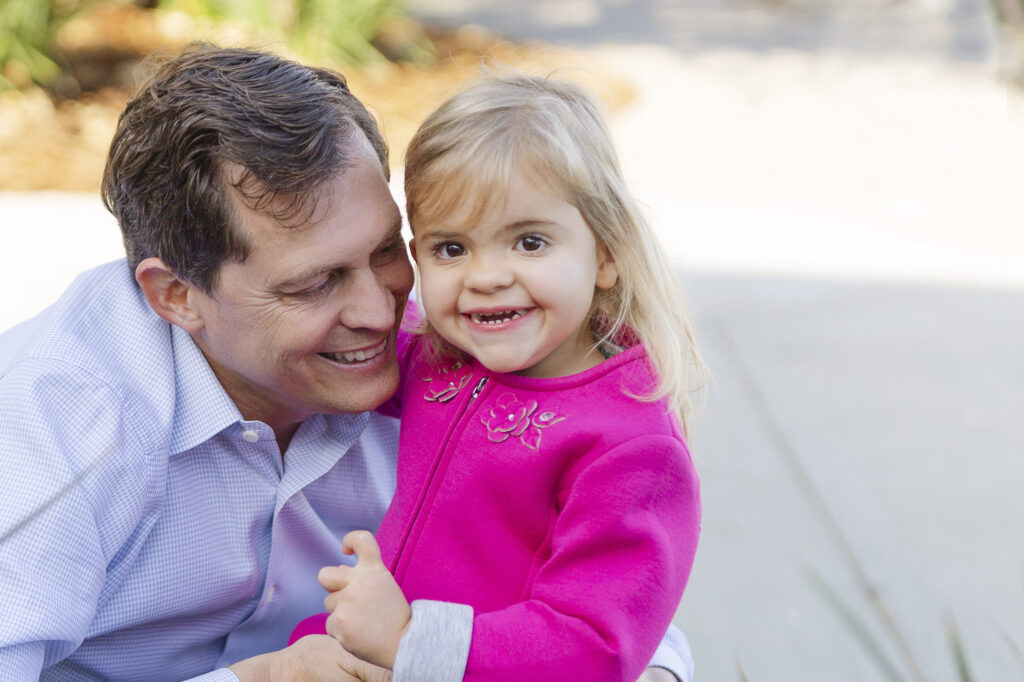
Her laugh lights up a room and brings joy to those around her, but young Coronado resident Eleanor Harrell is no ordinary little girl. She, along with her family, is on the path to find a cure for Kleefstra Syndrome (KS) and make the world a better place for others like her, with a wide spectrum of intellectual disabilities, like autism.
Shortly after Eleanor’s birth in April 2018, her parents Mason and Rossella noticed that her development seemed delayed. But the pediatrician was reassuring, so when they received genetic test results when Eleanor was a year old, it was a punch in the gut to discover that she had KS. As a triple board certified physician and Navy flight surgeon, Mason reveals, “I always believed that we could control the future, so this was beyond devastating when I couldn’t control one of the most important things in my life.”
He quickly discovered there were no treatments or cures, but utilizing a variety of therapies could potentially help with Eleanor’s development. He even considered becoming a pediatric geneticist but decided he could have a greater impact corralling the sharpest minds in the world to do the needed research to secure a brighter future with a cure. Rossella’s reaction was to hold on to every glimmer of hope. “You never expect this for your child, but I had the strength to care for my child, no matter what,” she comments.
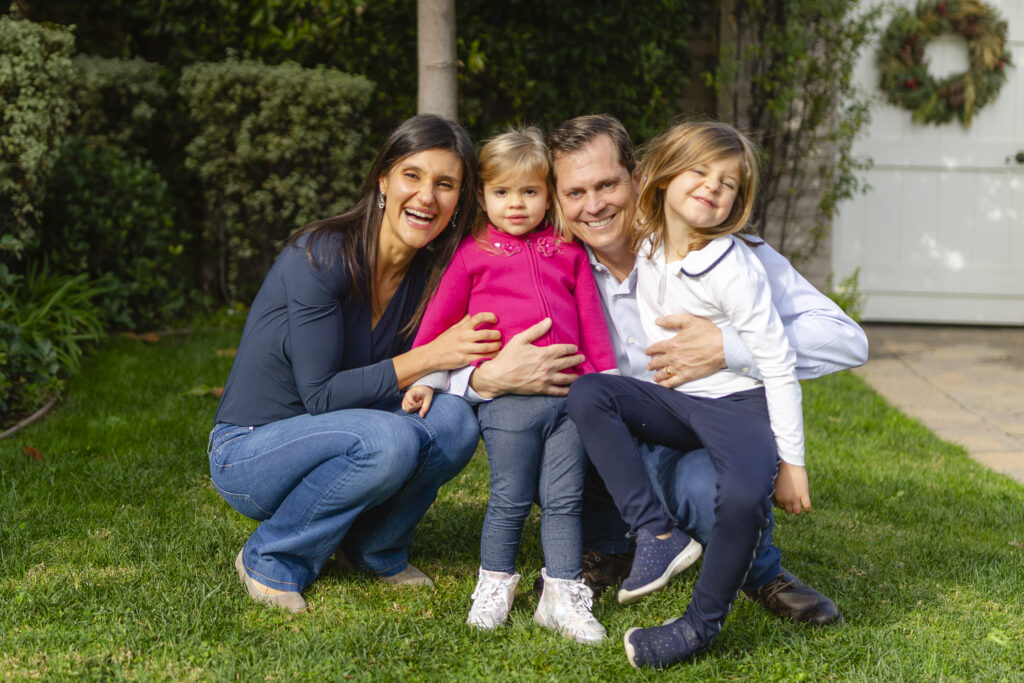
With only 500 cases of KS in the world, the family learned that Dr. Tjitske Kleefstra, for whom the condition was named in 2010, was the leading researcher, so they traveled to Radboud University in the Netherlands to learn everything they could. With KS, the patient’s EHMT1 gene is compromised, similar to how genes are damaged or deleted in other types of intellectual disabilities. Like autism, there is a wide spectrum of abilities in KS patients, from those who are non-communicative to those who can drive a car.
Dr. Kleefstra connected Mason with a network of other parents with KS children, among them Geoff Rhyne, the father of Ella. They put their heads together with four other KS fathers and created the non-profit organization IDefine, which quickly raised $250,000. Geoff is now their full-time CEO.
Why the name? Mason shares that “I stands for Intellectual, D for Disability, and define is for patients and families to define their own future.” IDefine’s objectives are to raise awareness, conduct research, and connect with families to help them in coping on their journey. They hope to find real treatments for Intellectual Disability and eventually a cure by correcting the genetic code that causes I.D.
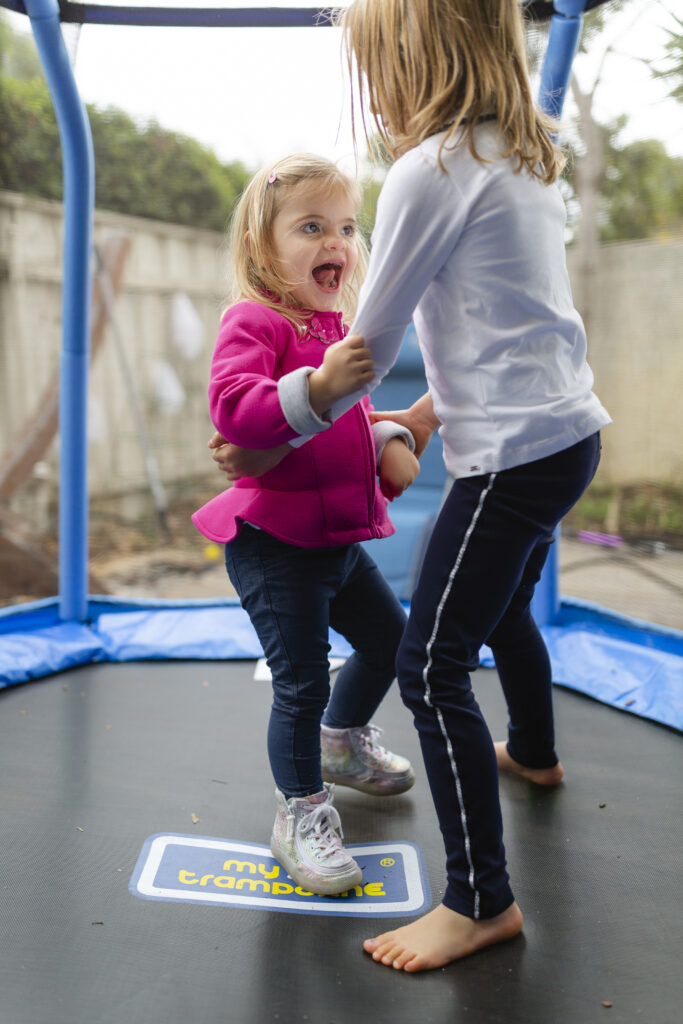
For IDefine, KS is just the starting point, and they are actively reaching out to others, like families with Rett Syndrome, to join them and share knowledge. The goal is to raise the needed money to fund research to correct the genetic code for those with KS and many other intellectual disabilities like autism. “We see this as a crossover for other disorders. Imagine a world where autism is curable,” comments Mason.
IDefine recently partnered with Boston Children’s Hospital and gave them a grant to set up a U.S. Kleefstra Clinic. They will continue partnering with the world’s top hospital academic centers like Johns Hopkins, Mayo Clinic, UCSD, and UCSF. The strategic and dedicated IDefine Board is looking for cutting edge research, whether it be furthering existing research or new developments. Mason has talked to contacts at the Bill and Melinda Gates Foundation, and to hopefully accelerate awareness and funding, he sent an email to Jeff Bezos to see if Amazon would offer a round-up purchase option on Rare Disease Day, February 28. Fingers crossed – they are hoping for an answer to get people’s attention to change the lives of millions of families.
The first IDefine conference was held virtually in February with 350 participants from 46 countries. The conference featured scientists from around the world imparting knowledge, as well as fathers talking to families with KS children sharing experiences and letting them know they are not alone.
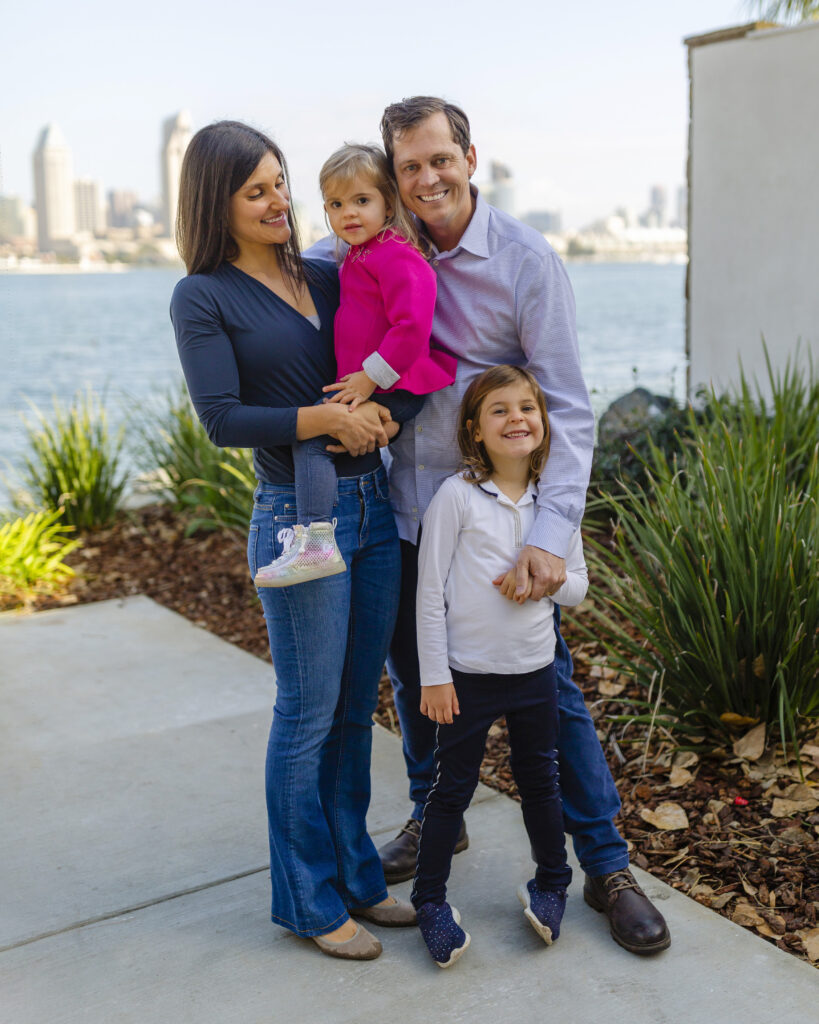
As for Eleanor’s life here in Coronado, her days are jam-packed with therapies, including physical, occupational, music, and horse therapies, all of which are helping with her cognitive, communication, physical, sensory, and social skills. She adores her older sister Celine, and they love to snuggle in the mornings. With a love of the outdoors, Eleanor adores jumping on the trampoline, enjoys birds and animals, and loves to socialize at the park. “We have embraced the new reality of our special child. We throw everything possible at her and it seems to be making a difference. She can say some words now and uses some baby sign language to communicate,” says Mason. This past Christmas was the family’s best ever, with tears of joy, when Eleanor pushed herself up and walked on her own.
Obviously not one to sit still, the title Mason wears most proudly is Celine and Eleanor’s daddy. He recently got out of the Navy and is in the reserves, but he is also an entrepreneur having started several companies. Harvard educated, he has worked with top organizations like MIT and the World Health Organization (WHO), where he consulted on containing the Ebola outbreak. He is currently a COVID-19 consultant, as well as devoting time and energy to finding a cure for KS.
Sweet, giggly, and cuddly, Eleanor doesn’t even realize the impact she has on her family, who love to laugh together for no reason, and have now mobilized to find funding for research and offer resources and hope to families worldwide. To connect and learn more, visit www.idefine.org.
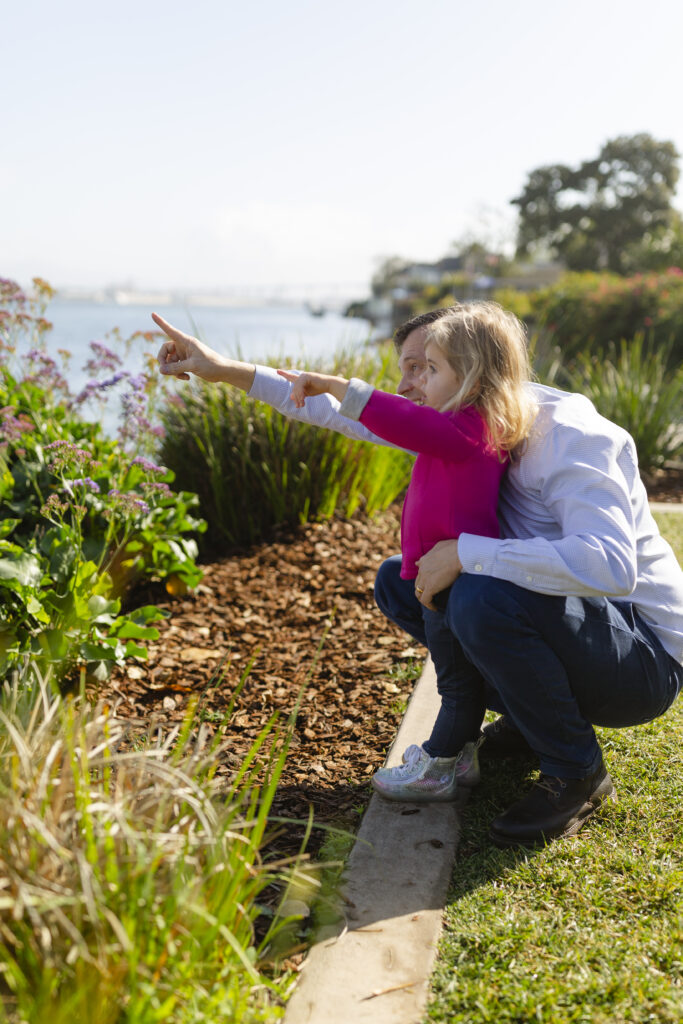
All photos by Jackie Lynn Photography and courtesy of the Harrell family.




